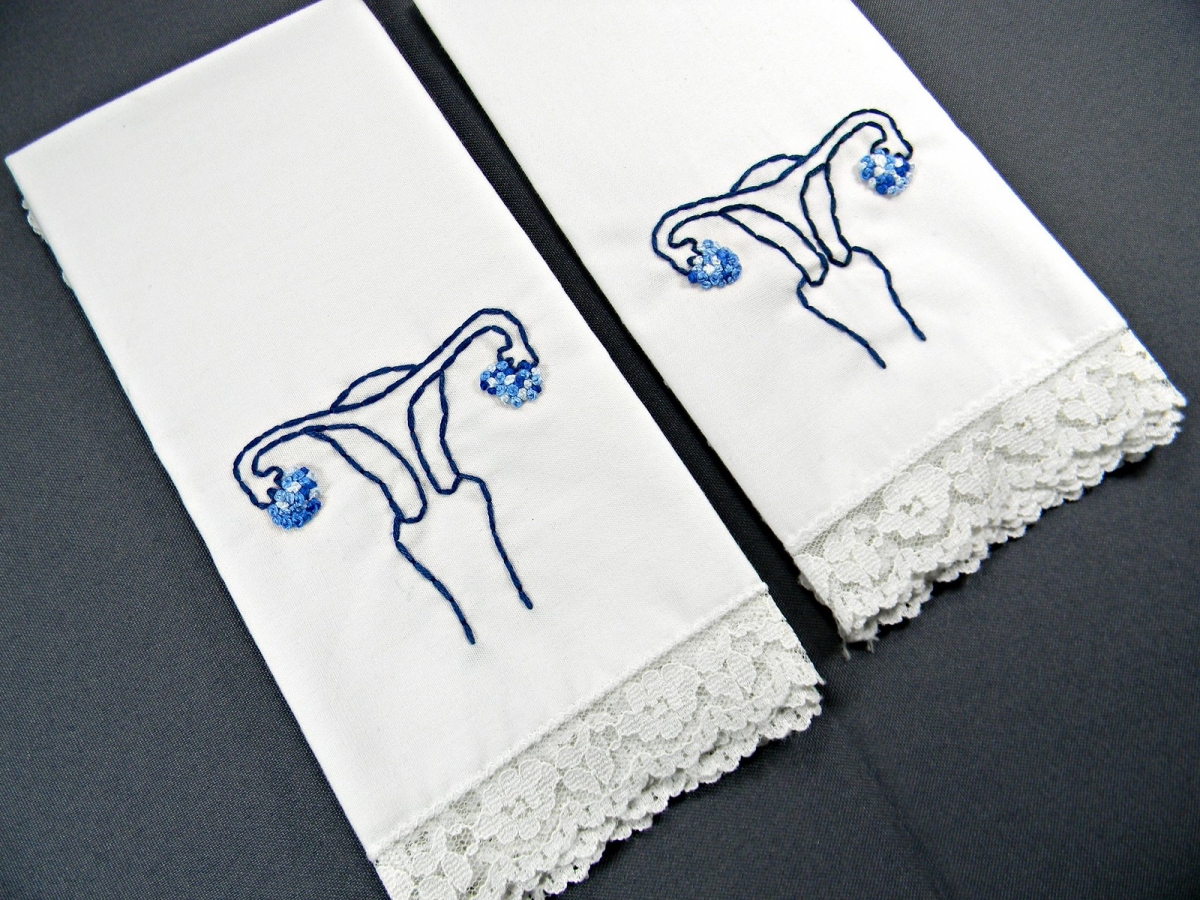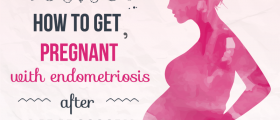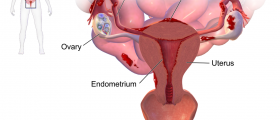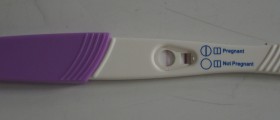What is a tilted uterus, does it cause any problems, and does it affect a woman's chances of conceiving a baby?
Uteri (uteruses) occur in quite a few slightly abnormal varieties, actually a bicornuate uterus, an unicornuate uterus, and a retroverted or tilted womb are just a few. Your normal, average uterus is in a straight vertical position when its owner is not pregnant. For women who have a tilted uterus, it tips back toward the back of their pelvis slightly. A tilted uterus can come about by chance, due to childbirth, or as the result of complications like endometriosis.

Many women are not aware that they have a tilted uterus, but it is also possible to have noticeable symptoms. You may experience painful intercourse, and more frequent urinary tract infections (UTIs). If you know that you have a tilted uterus and are worried about how to conceive, your concerns probably come from the fact that many people believe that a retroverted uterus can cause infertility this information is around on different websites, and in magazines and books, as well.
But more recent research reveals that the tilted shape of the uterus does not interfere with the functioning of this organ. Unless your tilted uterus was caused by an underlying problem (most commonly endometriosis, where the tissue that normally lines the uterus appears in other parts of the reproductive system too), you have no reason to be worried about your uterus causing infertility. A retroverted uterus does not harm the chances that an egg is fertilized by sperm.
When you do get pregnant, you may have fears about miscarriage or other problems, again due to the shape of your uterus. The uterus actually changes shape completely while you are expecting, and will not be tipped in any way at all as it expands. You may not even have a tilted uterus after giving birth!

















Your thoughts on this
Loading...